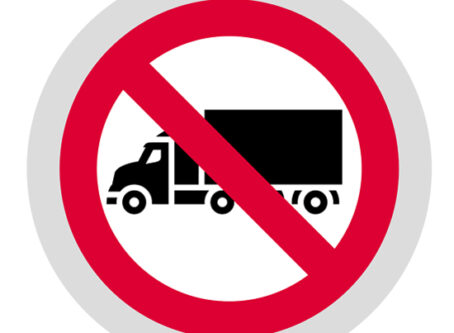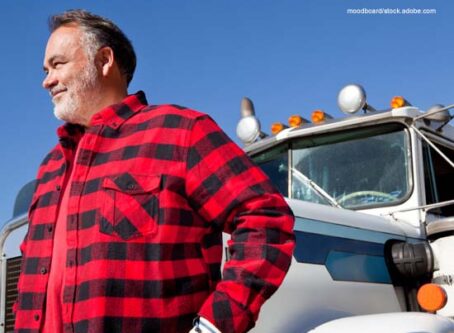Washington state lawmaker pursues emissions reduction-related rebates
One Washington state lawmaker wants to reimburse residents for higher fuel costs resulting from a new state law established to reduce transportation-related emissions.
A plan from Rep. April Connors, R-Kennewick, would counter expenses incurred by residents from the state’s cap-and-trade program. Specifically, her plan calls for sending vehicle owners rebate checks up to $100 per registered vehicle. Multiple-vehicle households would receive up to $200.
“High gas prices are draining the budgets of those who can least afford it,” Connors said in prepared remarks.
Climate Commitment Act
In 2020, Gov. Jay Inslee signed into law a bill updating the statewide greenhouse gas emissions reduction limits set in 2008. The new law set the limits at 95% reduction below 1990 levels by 2050, with interim economy-wide emissions limits of 45% below 1990 levels by 2030 and 70% below 1990 levels by 2040. The state must achieve net zero emissions by 2050.
One year later, another bill was signed into law to reduce pollution from transportation fuels. Connors said the new law, dubbed the Climate Commitment Act, enacted a cap-and-trade program aimed to reduce carbon emissions by putting a price on them.
Essentially, companies are limited to how much carbon dioxide they can emit. After reaching its cap, a company can pay the state a certain amount of money to go beyond that limit. Allowances a company can purchase becoming more expensive over time.
The new rule took effect Jan. 1, 2023.
Carbon Auction Reduction program
The amount collected from businesses due to the Climate Commitment Act is projected to be nearly $1 billion annually. Connors said this number is “over-and-above the amounts originally forecast” two years ago.
In response, she is pursuing a Carbon Auction Reduction payment plan that would send rebate checks to vehicle owners, tapping excess revenue the state has collected from companies emitting carbon dioxide. She said the proposed rebates would not affect the Climate Commitment Act; the same regulated entities would face the same emissions cap, and carbon credit auctions would not change.
Connors also noted that Washington residents would benefit from the rebate, given that they pay some of the highest fuel prices in the nation due to the state’s cap-and-trade program. She added that companies, including oil companies, have passed on new costs to consumers in the form of higher fuel prices. As a result, Connors said, Washington state fuel prices increased this summer by about 50 cents per gallon. Inslee’s office blamed “Big Oil” for the price increase.
After receiving an initial rebate payment in July 2024, registered vehicle owners would receive an annual check when they renew their vehicle tags. The rebate amount would vary depending on how much the state has collected above what was forecast in 2021, when the Climate Commitment Act was enacted.
“It’s your money – it’s not right that agencies and policymakers spend that money. This money needs to go back to the people who earned it,” stated Rep. Mary Dye, R-Pomeroy.
The proposal could be considered during the regular session that begins Jan. 8, 2024. LL









